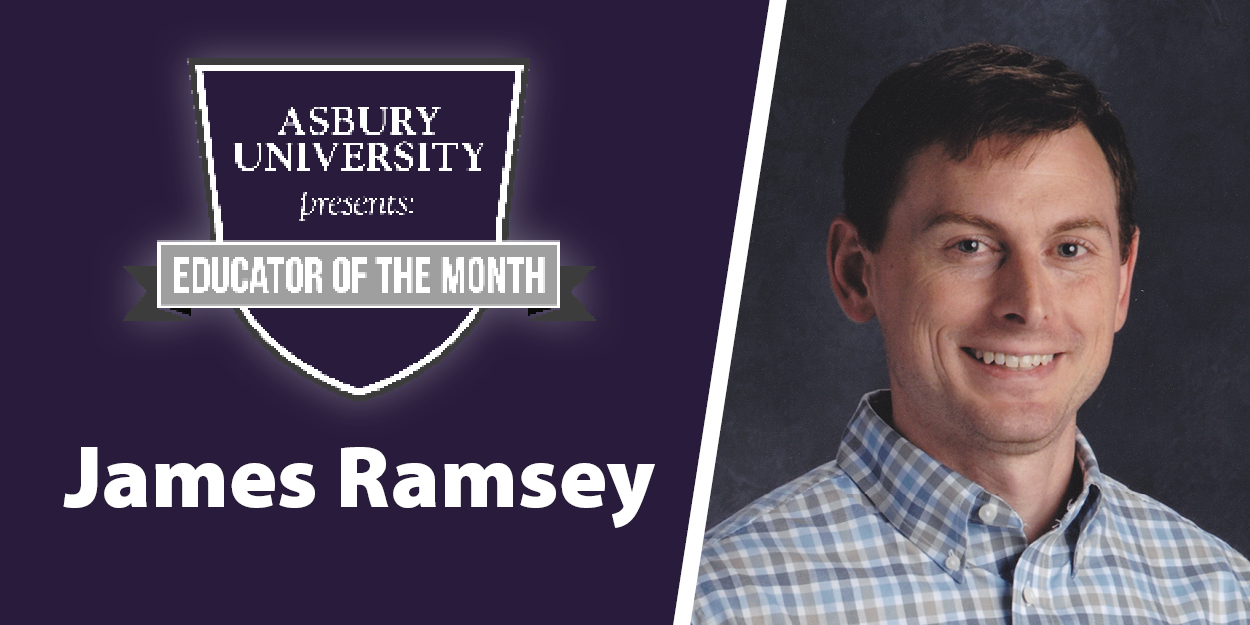Ramsey’s Science Career An Asset in Scott County Classroom
When it comes to subject knowledge, no one can question the pedigree of James Ramsey, a biology teacher at Scott County High.
Before education, Ramsey had embarked on a career as a science researcher, a pursuit that took him as far afield as Canada, Iceland and especially Alaska.
A Boyle County High graduate, he earned bachelor and master’s degrees in biology before starting on his doctorate in biology at Alabama.
He worked with a team of researchers studying aquatic ecosystems, specifically macroinvertebrate life on stream bottoms. For three years, he traveled up to six times a year to the northernmost part of Alaska – past the Arctic Circle – to study a spring-fed stream that kept a constant year-round water temperature of 40 degrees.
This part of Alaska is the domain of the midnight sun in summer and hours and hours of darkness in winter.
“The big question was what happens to the stream food web when the sun never rises above the horizon,” Ramsey said.
After three years of research, Ramsey returned to Kentucky where he developed a wastewater analysis laboratory for an environmental consulting company that analyzed effluent from coal mines.
Three years later, he returned to college to become a teacher for what he called the impact factor.
“I loved the research and it satisfied my scientific interests, but I wanted to feel like I was making a difference for a broader demographic.”
So, five years ago at the age of 33, he entered his first high school classroom as a teacher.
The best way to learn about science is to do it, Ramsey said.
“I rarely lecture. Science is hands-on. It’s driven by investigations of the world around you, and your knowledge develops more through practice than through lecture. Our students engage in scientific practices daily.
“The key is to find interesting and unusual phenomena students find exciting. This provides authentic ways for kids to engage in argumentation and to explore.”
Ramsey, who sponsors the school environmental club and advises the National Honor Society chapter, has discovered that he enjoys the students as much as the science.
“My favorite part of the job is meeting new kids,” he said. “They never cease to surprise me. They are wonderful, interesting characters. Scott County is a good community and I’ve had good people around me who have made me a better educator.”


